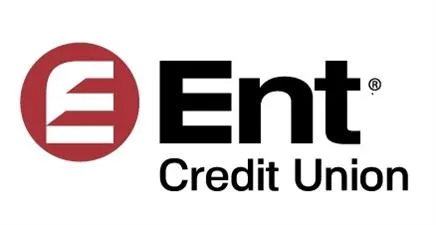Bankruptcy seeks to shelter Berthoud man from debt incurred in court judgment
DENVER — An effort by a Berthoud man to shed debt through Chapter 13 bankruptcy may be foiled by application of a federal law.
The law: U.S. Code Section 523 of Title 11, which says that debt incurred through false pretenses or fraud cannot be discharged in bankruptcy.
U.S. Bankruptcy Court for the District of Colorado is determining whether the federal law will apply to the reorganization bankruptcy of Christopher Patrick Boyd.
Christopher Boyd, along with his father, former president of the failed BestBank Thomas Alan Boyd, lost a lawsuit decided in Denver District Court in January 2020 and affirmed by…
THIS ARTICLE IS FOR SUBSCRIBERS ONLY
Continue reading for less than $3 per week!
Get a month of award-winning local business news, trends and insights
Access award-winning content today!





